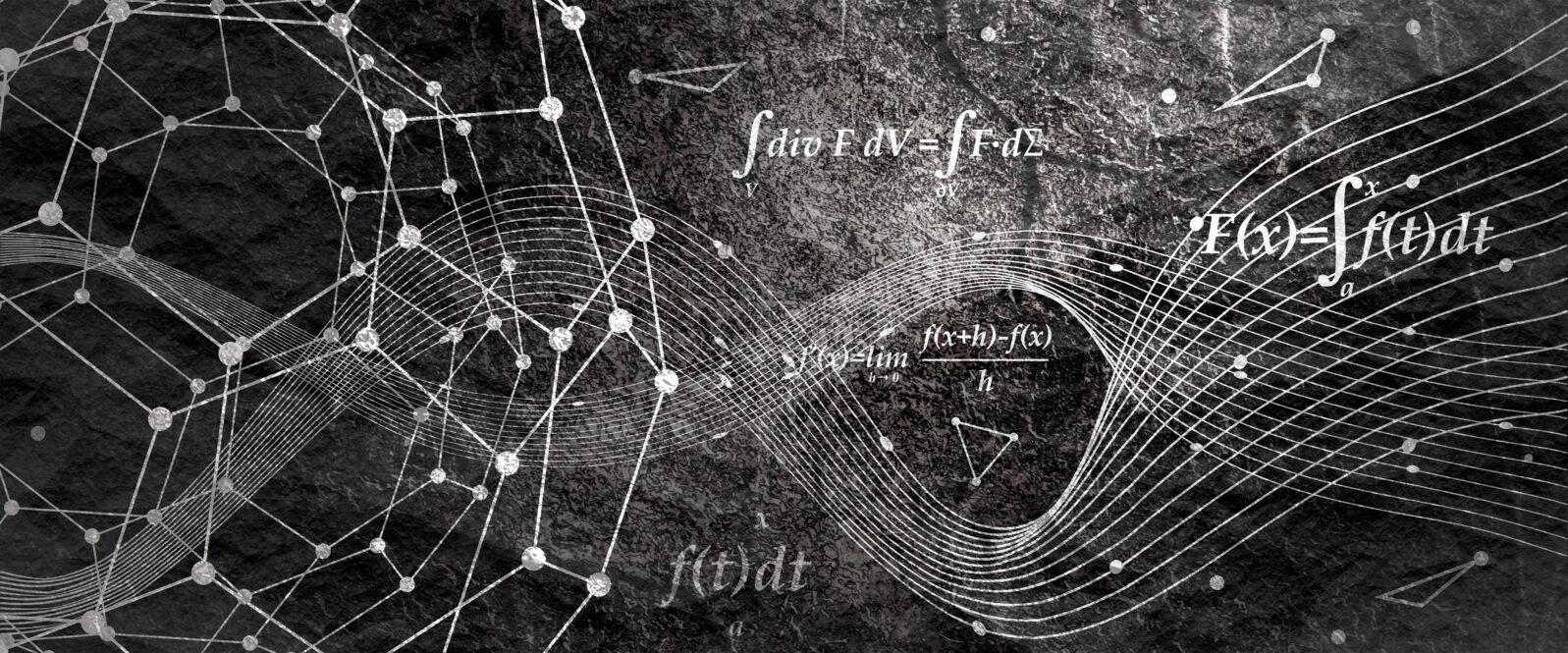Kurt Gödel’s “Incompleteness Theorem”
For Kurt Gödel, mathematics pointed to a remarkable world of transcendent order and meaningI am not a mathematician. I should preface with that. However, mathematics and its practitioners have long been a source of fascination. It poses interesting questions regarding God, underlying structure in the universe, and whether mathematics is an illusion. Over the summer, I wrote about an interview between physicist Lawrence Krauss and the novelist Cormac McCarthy. McCarthy was intrigued by physics and mathematics and ventured into topic in his final pair of novels, the interconnected volumes The Passenger and Stella Maris. In his conversation with Krauss, McCarthy said he believed that human beings created mathematics to supply the universe with the illusion of structure and comprehensibility. I don’t know if he thought the same of language itself, but if he did, it’s a shame, since he was among the most brilliant wordsmiths to traverse the American literary landscape. Were his words just lovely apparitions? I still can’t personally believe that McCarthy was a full-on materialist, even though he seemed to admit as much to Krauss. There are still embers of evidence in his work that suggest otherwise, but if you asked him about it, he’d probably say, “That was the character talking, not me.” An enigmatic fellow, indeed.
Math: Invention or Indication?
But not everyone regards mathematics as an invention. In fact, a number of history’s most brilliant mathematicians came to the opposite conclusion. For Kurt Gödel, mathematics pointed to a remarkable world of transcendent order and meaning and could be employed to discern real pattern and law in nature. Gödel was an Austrian mathematician who left Vienna in 1939 to avoid getting drafted. He moved to America and spent many of his autumn years in the company of fellow genius Albert Einstein at the Institute for Advanced Study at Princeton. He is featured briefly in the 2023 film Oppenheimer in which he comments, “Trees are the most inspiring structures.” (As a side note, the film is now streaming through Peacock as of February 16th.) Gödel held to what he regarded as the “incompleteness theorem.” Gödel thought that every mathematical system could not stand on its own without reference to something outside itself. Internal mathematical systems rely on truth outside the systems.
Chris Waldburger helpfully writes,
The human mind, in discovering truth, truth that always transcends a closed, earthly system, is participating in something greater than the physical world. The mind is something more than the atomic, more than a closed system. And if it is a participant in something greater even in this life, it will have an opportunity to experience this greatness even further in the afterlife, because reality itself demands it.
-Chris Waldburger, The Incompleteness Theorem – Chris Waldburger (substack.com)
Mathematics can’t exist in a closed system, and is not merely an illusion, but “participates” in objective truths, according to Gödel. In addition, because order, design, and meaning are apparent in the natural world, we can anticipate that material reality is not final.
Mathematics was initially one of the quadrilateral cornerstones of a liberal arts education. Arithmetic (number in abstract) was a member of the quadrivium alongside astronomy (number in time and space), geometry (number in space) and, interestingly, music (number in time). Grammar, logic, and rhetoric formed the trivium prior to these math-based subjects. Why? Mathematics was seen to as a universal language, since it indicated objective reality. Perhaps it isn’t shocking then, that many (un)educators are seeking to dismantle math in K-12 schools on the grounds that it is Western-centric and thus “imperialistic.” Even the idea of objectivity, existing without regard to cultural or social constructions, makes the postmodernist a bit queasy.
Gödel saw the beauty of numbers and associated them with a transcendent order. The structure of trees that he found so inspiring was just one example of the sophisticated tapestry of creation, which he was able to elucidate through mathematical models and contemplation.
